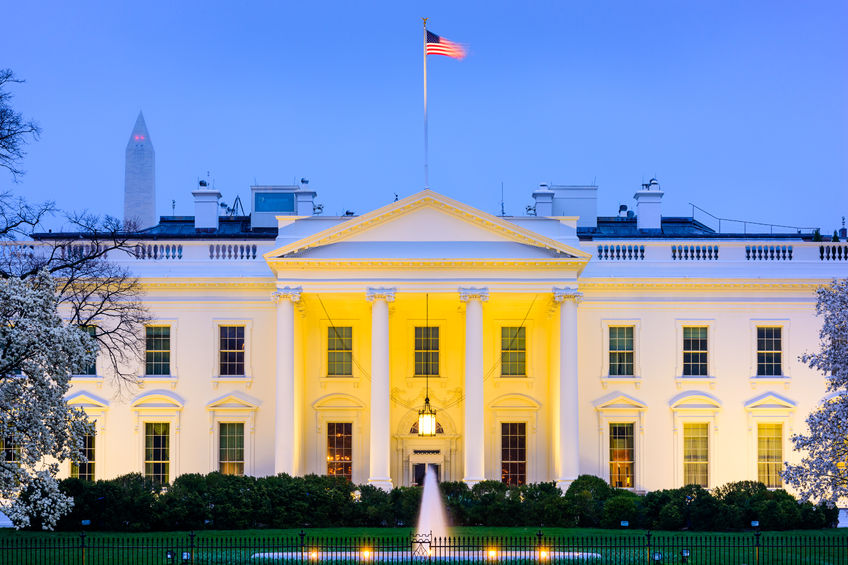
U.S. President Donald Trump’s decision to pause his so-called reciprocal tariffs put yet another nail in the coffin that is Washington’s international reputation as a reliable trade partner.
After a wild Wednesday in which the S&P 500 won back about half of the value it had lost since Apr. 2, U.S. stocks reversed course. Having caught their breath and done a bit of math, investors realized that Trump’s pause was negated by another dramatic increase in tariffs on Chinese exports to the U.S., this time to 145%.
Washington officials spent Thursday blathering about the Art of the Deal, while Beijing officials found ever more creative ways to say that Trump is a very bad man.
I spoke with David-Alexandre Brassard, chief economist at CPA Canada, to get his take on what all of this means here at home.
“I do not see it as a relief for Canada,” he said. “It pushes China away from the West.”
International trade is so dependent on China’s role as a low-cost goods provider that a U.S.-China trade war has the potential to impact the global economy just as dramatically as the tariffs Trump just paused, Brassard told me.
“We don’t want China out of our supply chains,” he said.
There’s a potential knock-on effect of a U.S.-China trade battle that could prove worse for the Canadian economy than the tariffs already placed on our exporters.
Last Friday, Statistics Canada reported that employers cut 33,000 jobs in March, pushing the unemployment rate up to 6.7%.
“That’s solely based on uncertainty,” Brassard said. “Businesses, when they look ahead, they don’t plan to hire, they don’t plan to spend as much and they don’t plan to invest. The same goes for consumers.”
Asked to compare this to similarly volatile periods in the past, Brassard pointed to the global pandemic. “The speed at which this is moving, to me, looks Covid-like,” he said. “The market variations are very, very fast. It’s hitting us like a shock.”
This is not like the financial crisis, he said. “There’s no structural component to the weakness. It’s self-inflicted.”
Risk off
Trump’s talking points about global manufacturers expanding their U.S. footprint is nonsense. Negative sentiment has taken hold of business leaders around the world.
“What multinational in their right mind is looking into expanding their activities right now?” Brassard asked. “[Trump] doesn’t seem to understand that there are cycles in which money is deployed and cycles in which money is kept. We’re not in a cycle where money is deployed and invested right now.”
Brassard said that executives are only interested in quick wins. “He wants more manufacturing plants, which are going to take four to five years to build. He’s not going to get them.”
If we are looking at a prolonged superpower trade war, the Chinese have one distinct advantage.
“The U.S. is still a democracy,” Brassard said. China can implement top-down policies, no matter their effect on the domestic population, “versus Trump, whose approval rating is going down.”
